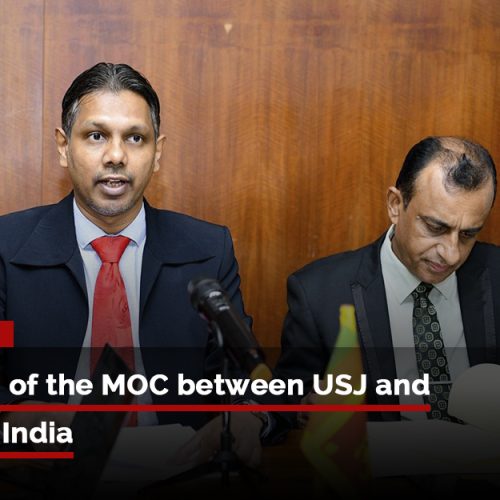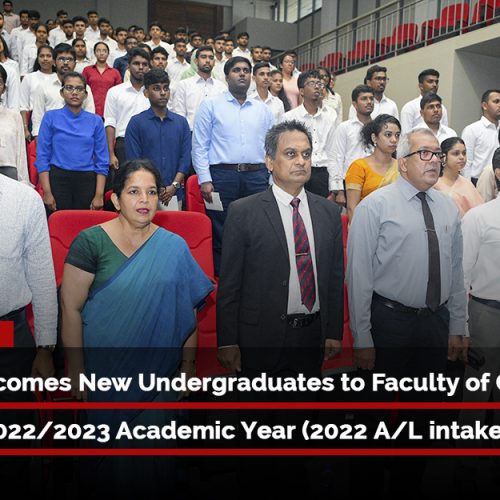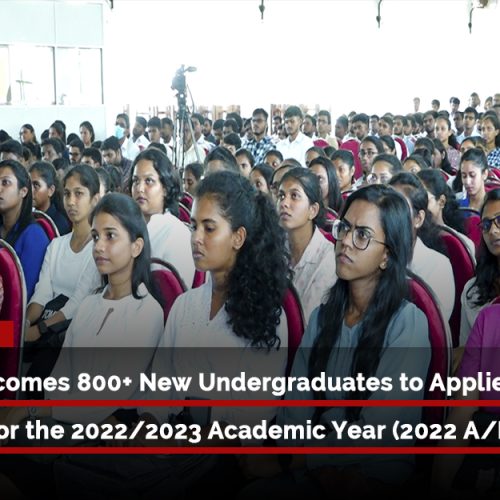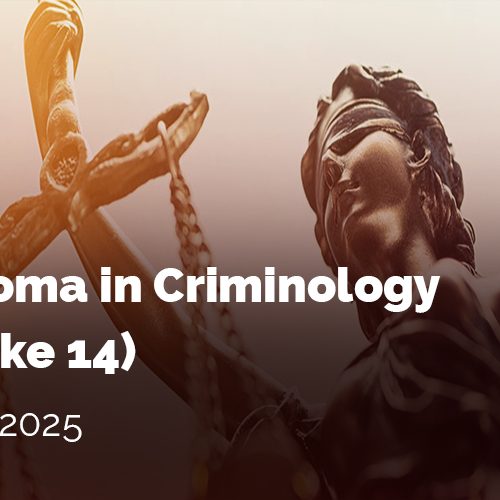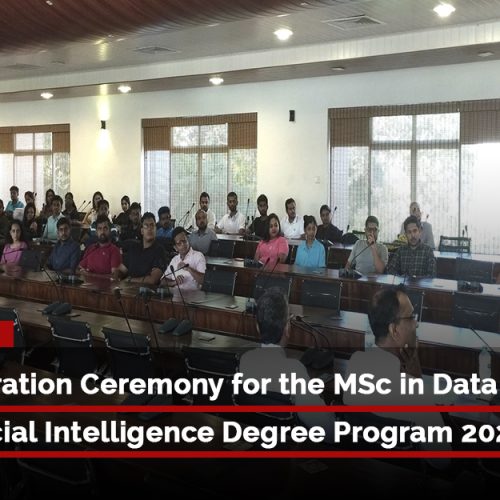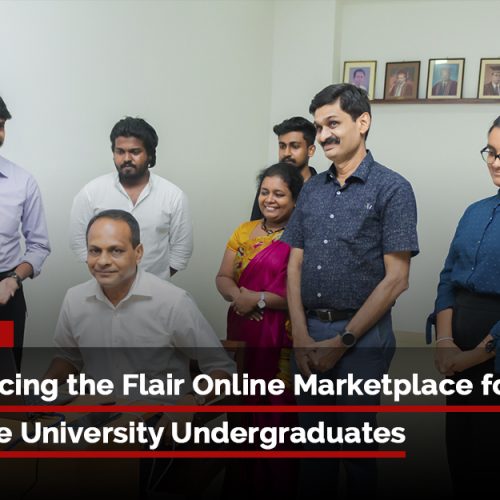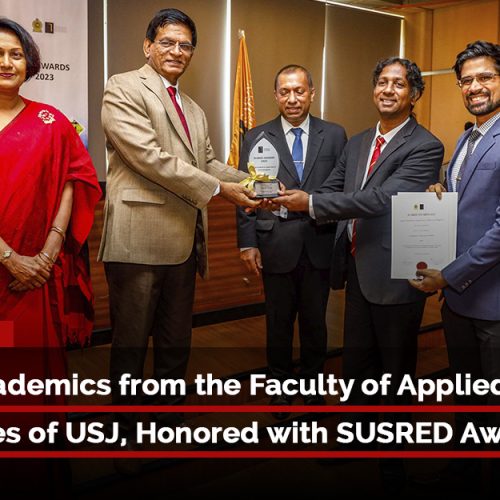Companies usually hire trainable and the adaptable graduates. The qualities most often mentioned included the ability to communicate, enthusiasm, eagerness to learn, people skills and the ability to perform as a team player.
As implied in the above, skills specifications for entry-level employment and perceived skills gaps have been the subject of study, research and debate for many decades particularly in the developed world. It was not surprising therefore that the ILO sponsored 1971 study of the unemployment problem in Sri Lanka by Dudley Seers offered the explanation of a “skills mismatch” between supply and demand.
Skills and Talents
Skills are generally described as the abilities one has gained by practice or by knowledge. While talent refers to one’s “natural” abilities, skills are said to be one’s learned abilities. Two types are generally distinguished.
Technical Skills and Soft Skills
Job-related Skills (or technical skills) are the ones used in a particular job or cluster of jobs. Transferable Skills (or employability skills/ soft skills/generic skills/ enterprise skills, capabilities, personal competencies) are what one would use in a wide variety of situations.
Employability skills
Many researchers subdivide the employability skills into
- basic skills {e g. reading, basic arithmetic),
- higher-order thinking skills (e.g. problem solving, decision making) and
- other affective skills and traits (e.g. dependability, positive attitude.
We should certainly see the link here on the one hand to “Self Management Skills” and on the other to what is now known as “Emotional Intelligence”.
It is of course to be expected that other interpretations and classifications would exist. The UK Graduateness project refers for example to 3 kinds of achievement .
- field-specific – possession of a body of knowledge and other qualities particular to the field{s) studied .
- shared – possession of more general attributes common to graduates from families of degrees
- generic – possession of yet more general attributes which might be common to all – or most – graduates
International research indicates that employers do not deny that young graduates generally have at least a reasonable level technical knowledge and skill. It is the non-technical abilities (transferable/employability skills) that are most often the cause of employer dissatisfaction.
National. Committee of Inquiry into Higher Education in U.K chaired by Ron Dearing recommend that institutions of higher education begin immediately to develop, for each programme they offer a “programme specification” which identifies potential stopping-off points and gives the intended outcomes of the programme in terms of:
- knowledge and understanding that a student will be expected to have upon completion; .
- key skills: communication, numeracy, the use of information technology and learning how to learn;
- cognitive skills, such as an understanding of methodologies or ability in critical analysis;
- subject specific skills, such as laboratory skills.
What Sri Lankan employers Expect from Graduates?
The Ceylon Chamber of Commerce. Sri Lanka conducted a survey in 1999 on what private sector employers would like to see as attributes, other than direct technical competencies, in university graduates at entry level.
Here is the list:
- Ability to communicate effectively, including in English
- Good interpersonal skills, ability to work with different people and in different teams, ability to adapt to changing work situations
- Ability to lead a team and achieve results in a short space of time
- Ability to prioritise/ organise time productively
- lnitiatjve, willingness to take risks
- An open, positive and practical mindset and a willingness to learn from a wide cross-section of people
- Computer literacy and basic numerate skills
- General knowledge {including world affairs, wide interests)
- Dress sense, personal grooming, business etiquette
Key expectations of Sri Lankan employers
Mr Lal de Mel, well-known leader in the Business world and now Chairman of the Tharuna Aruna training programme for graduates, presents the key expectations of Sri Lankan employers as follows.
People and Team Leadership
- Ability to build Effective Teams
- Demonstrate a balance between the individual and the team – is a good team player
- Encourage an open exchange of ideas and different points of view
- Ability to withstand pressure
- Handle pressure smoothly and effectively
- Be willing to speak out on issues, even when your view is unpopular
- Respond in a non-defensive manner when others disagree with you
- Take Ownership
- Demonstrate high levels of integrity in your daily contacts with others
- Confront conflict situations in an honest and direct manner
- Accept responsibility for the consequences of your decisions and actions
Functional Excellence
- Keep up to date with leading edge developments in your field or function
- Demonstrate a high level of skill in your functional area
Drive for Results
- Demonstrate extraordinary levels of energy & effort
- Establish high performance goals and standards
Innovation
- Try out new things rather than find fault with subordinates for mistakes
- Have an idea of what works in the market place
Personality
- Self confidence
- Good grooming
- Good communication skills
Social Responsibility
- Demonstrate a spirit of understanding, peace, tolerance, equality of sexes, and friendship
- Demonstrate respect for ethics
Employability of Graduates of Sri Lankan Universities
According to Prof. R. G. Ariyawansa of Department of Estate Management and Valuation found that there are
many jobs for engineering/science and management graduates in current job market and fewer opportunities are available for humanities and social sciences.
Training/experience is a highly demanded factor in the job market especially, in the private sector. Proficiency of English language is a decisive factor. Further, there is a high demand for additional competencies such as IT skills, leadership qualities, analytical ability, team work and interpersonal relations along with a degree.
Download Prof Ariyawansa’s paper
Employability of Graduates of Sri Lankan Universities
Compiled by Hiran Amarsekera based on Career Guidance Resource Book by Mr Charles Fernando (2002)

